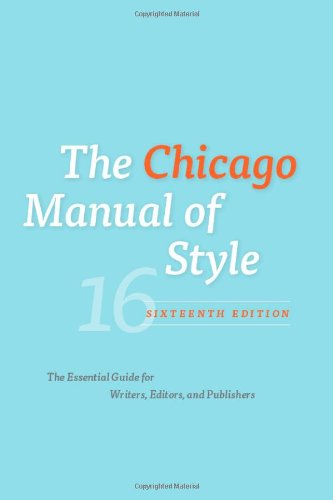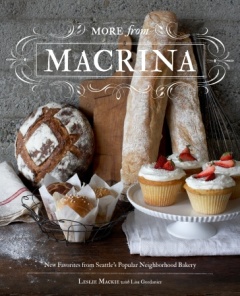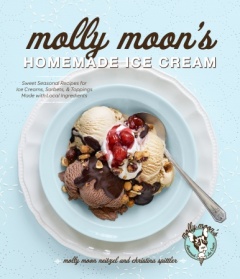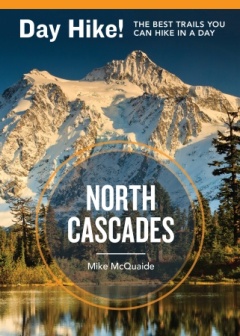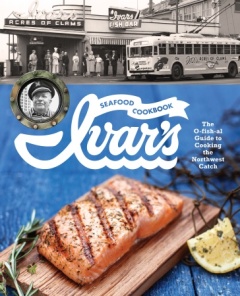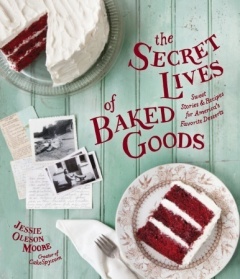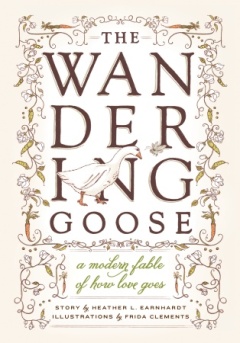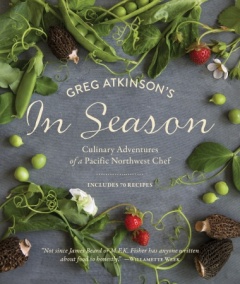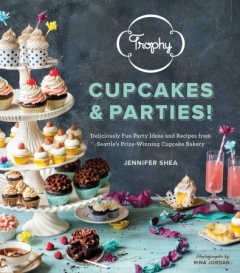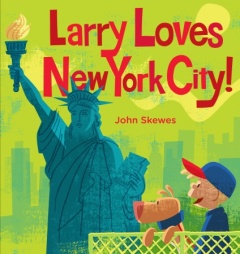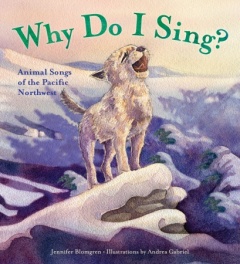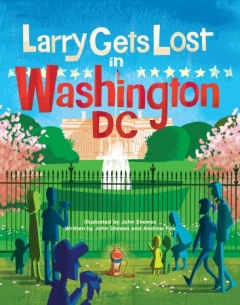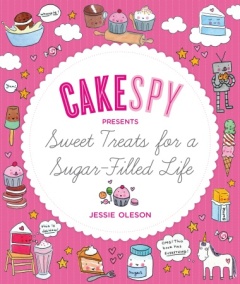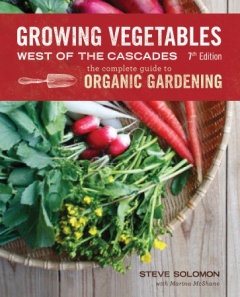Name: Megan Barnard
Age: 24
College & Majors/Minors: Hollins University: English major with a concentration in creative writing. Double minors in communications and history.
Current Location: Baltimore, MD
Current Form of Employment: Full-time editor at Angel Publishing
Where do you work and what is your current position?
I'm currently an editor at investment research firm, Angel Publishing. I primarily work for Energy and Capital where I write blog posts, PPC (pay-per-click) articles, marketing copy, and copyedit.
Tell us about how you found your first job, and how you found your current job (if different).
I spent at least half of my senior year applying to writing/editorial jobs… And I found nothing. Job hunting was nearly a full-time job on its own. It was incredibly frustrating to see all these entry-level jobs that needed 1-2 years of experience. I ended up getting a job working customer service in a call center (which I had about 4 years of experience in) for a travel agency in Boston.
I spent about 9 months in the call center… and found that it was not for me. I had moved back to Maryland (where I’m from) at this point and telecommuted for work, but I desperately wanted out of customer service. I did anything I could to make myself stand out: I polished my LinkedIn, I contacted alumni from my university, and I applied to all jobs that possibly fit my experience.
I found the job posting for my current job on Craigslist. I applied immediately and got an email back that day, then had an interview and job offer within a week.
What was another writing-related job that was important in your career?
It wasn’t a job per-se, but I wrote a Senior English Honors Thesis during my senior year of college. The thesis wasn’t required to graduate, but I found that the time and research I had to put into it (I was writing a novel), along with the hours of actual writing and one-on-one meetings with my thesis advisor were vital for developing my writing skills. It also gave me the opportunity to work on my writing daily, and helped me realize that writing and editing was actually something I loved to do each day. It confirmed that I was in the right field of study.
What did you do in college to prepare for your post-grad life?
I wrote my Senior English Honors Thesis. I created a resume and LinkedIn account, I kept my GPA high and became a member of Sigma Tau Delta, the international English honors society. I also doubled minored in history and communications. History, because I loved the subject, and communications, because it pairs really well with an English degree and looks good on a resume.
What is your advice for students and graduates with an English degree?
Don’t give up. Don’t listen to the people who laugh when you tell them you’re getting your degree in English (those “you’ll be my next barista” jokes are obnoxious). English is a beautiful field of study, and you can succeed at it.
My top tips:
Create a LinkedIn account. It’s actually way more important than you might think during school. Make sure it looks professional, with your resume and a headshot, and then connect with people from your school, no matter how much you hate networking.
Network. I know, I hated this part too. I think half of us become an English major because we like working with words, not people, but networking is a vital part of the career world. The more comfortable you become with it now, the better it will be. It’s okay to be afraid, but do it anyway.
There are jobs in the field of English—but you have to look for them. Finance and IT are fields that always need writers and editors. Don’t worry if you don’t have experience in finance or IT, apply anyway. I was hired at my current position without knowing anything about the world of finance, but most editors would rather hire someone who knows how to write and teach them about their topics, rather than teach people how to write.
Apply to jobs you don’t technically have enough experience for. I’m not talking about jobs that need 10+ years of experience, I’m talking about the entry level ones that say 1-2. Here’s a secret: almost all job listings say that they want 1-2 years of experience, even if they’re actually looking for people who’ve just graduated. The worst thing that can happen is they say no.
I know a lot of English majors are interested in getting in the traditional book publishing field. I was too, but I didn’t have any information about how to get into those fields, and the career center at my school was not very helpful.
Since then I’ve learned some things. A lot of literary agencies look for interns. I mean a lot. I never had the chance to apply to them, but you can. Bookjobs.com has a lot of listings, but you should also go on the individual websites and look for internships. They say they don’t have any? Send your resume and cover letter anyway. After all, you’re offering free (most literary internships don’t pay) help, so what’s the worst that can happen? Some agencies and publishing houses even have remote internships that you could do while in school.
Lastly, the field of English is one of the most undervalued, but important fields we have today. There are very few jobs around where you don’t have to read and write well, and while it might not be your dream job, you can find a job using the skills you learned in school. Don’t give up.





